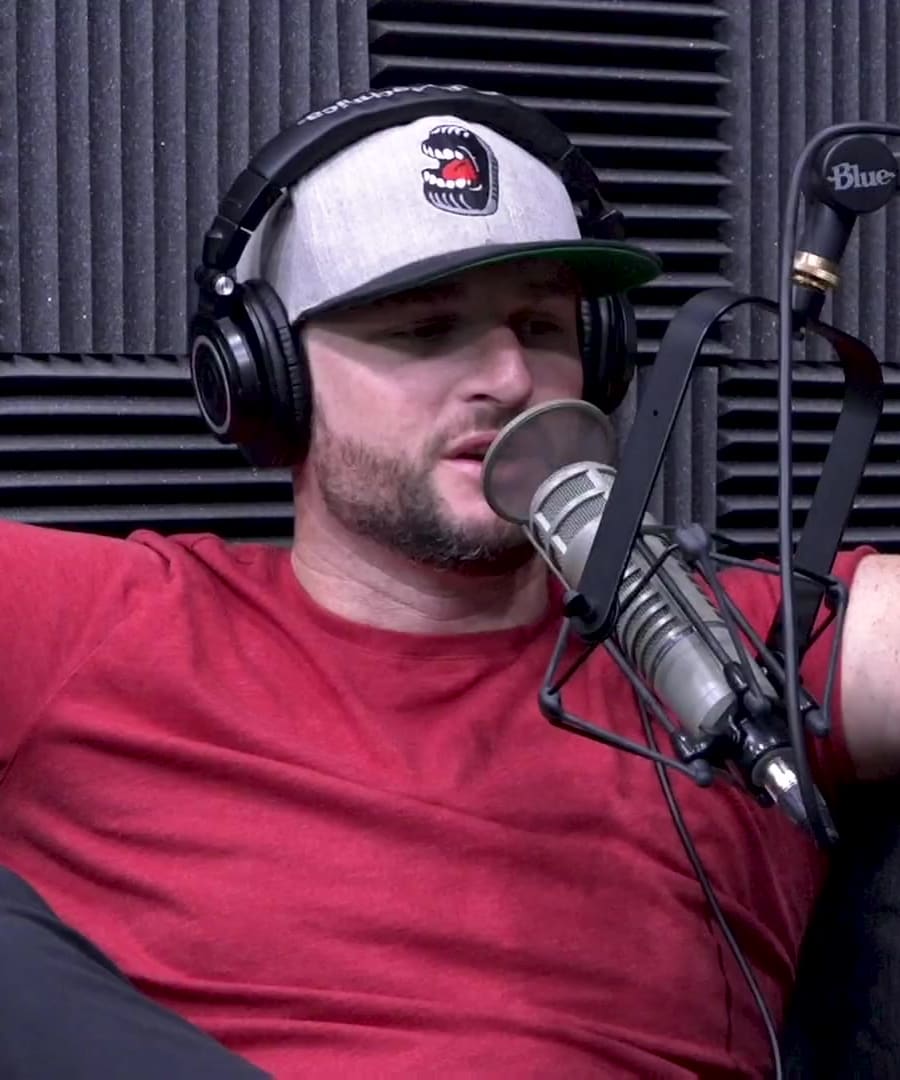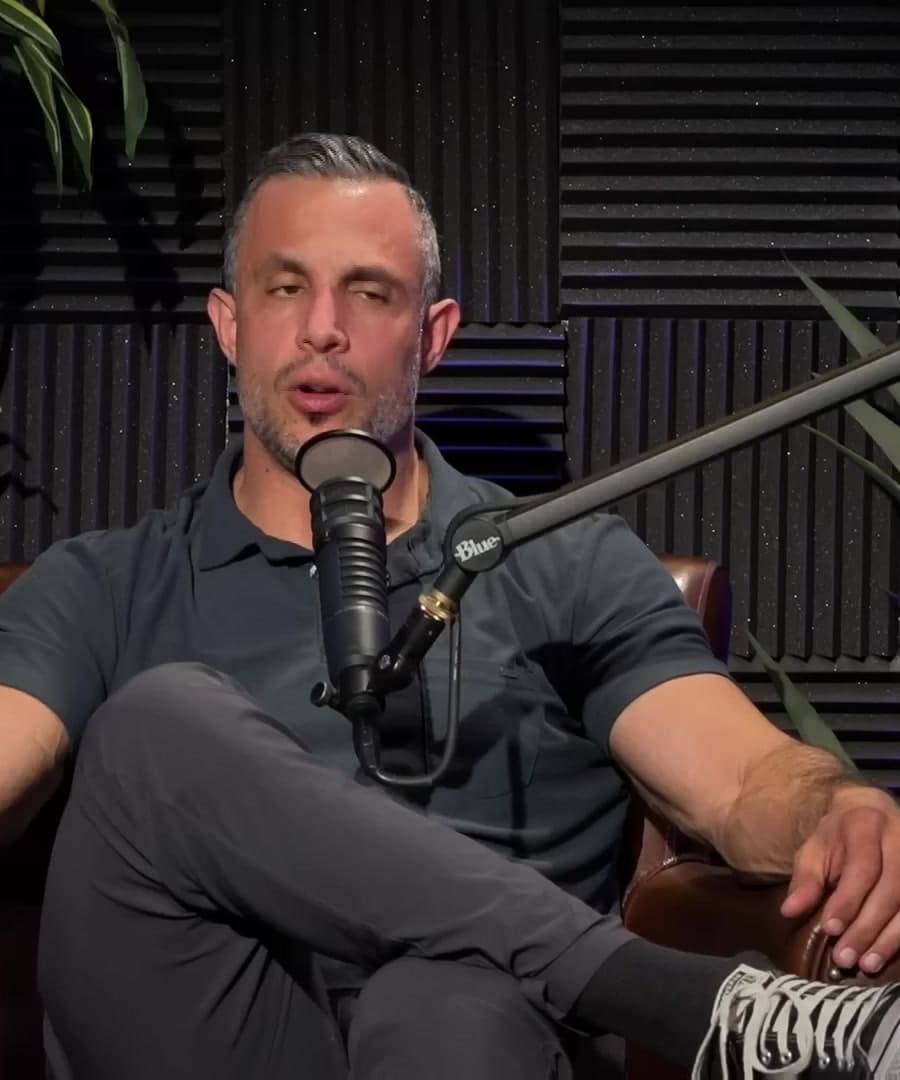Muscle Stabilizers
Sources:
Stabilizing muscles play a crucial role in preventing injuries and improving overall strength and performance in various exercises. Here's what the Mind Pump Podcast hosts say about muscle stabilizers:
Importance of Stabilizers
- Injury Prevention: Strengthening stabilizers can bulletproof the body against injuries, especially in unexpected movements or slips 1.
- Balance and Strength: Developing stabilizers ensures that the body can support the prime movers during heavy lifts and dynamic actions 1.
Recommended Exercises for Stabilizers
- Suspension Training: Helps to challenge and strengthen stabilizers effectively 1.
- Farmer Walks: Excellent for enhancing whole-body stabilization and lateral stability, particularly benefiting the quadratus lumborum 2.
- Planks: Foundation exercises for building core stability and supporting the back 3.
- Single-Leg Exercises: Pistol squats and single-leg deadlifts are great for improving balance and lower body stabilizers 4.
- Overhead Carries: Effective for reinforcing shoulder stability and improving press strength 4.
- Isometric Exercises: Such as hip bridges and hip flexor isometrics, which are crucial for building hip stability 5.
Priming for Better Performance
- Priming Before Bench Press: Performing rows and W's can activate the stabilizer muscles in the shoulders and upper back, helping to support heavy lifter efficiently 6.
- Priming for Heavy Lifts: Priming the upper back and shoulders before heavy lifts can significantly improve performance and prevent injuries by ensuring proper muscle activation 7.
Addressing Shakiness in Bench Press
- Central Nervous System (CNS) Adaptation: Shakiness during bench press is often due to CNS inefficiency. Regular practice and priming the shoulder girdle can help reduce this 8.
Incorporating these exercises and techniques can help build stronger, more stable muscles, reducing the risk of injury and enhancing overall performance.
RELATED QUESTIONS







